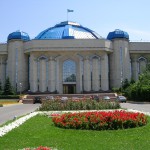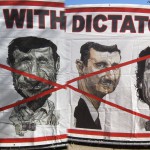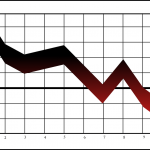
What are the chances of success and what are the factors of risk in the new round of talks between the Iranian government and the permanent members of the UN Security Council plus Germany (“P5+1”) about Iran’s disputed nuclear programmed? These questions will draw much attention by political decision-makers and business executives and students of…







